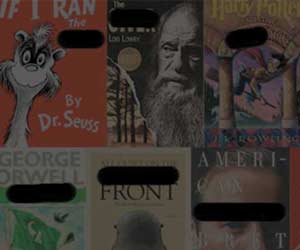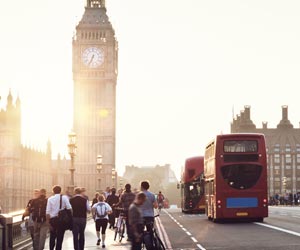Competition Can Be Murder (A Charlie Parker Mystery)
(Book #8 in the Charlie Parker Series)
Select Format
Select Condition 
Book Overview
Customer Reviews
Rated 4 starsRefreshing change in setting
Connie Shelton's Charlie Parker Mysteries are usually set in the New Mexico desert, but this entry is set in Scotland, which is a pleasing contrast. Charlie and her husband Drake have agreed to run Drake's friend Brian's helicopter service to the oil rigs while Brian is with his dying mother. They look on it as a lark and an adventure in a new part of the world, but they don't bank on some of the hardships that they will...
0Report
Tales of Caunterbury Mentions in Our Blog

Since 2003 ThriftBooks has offered its customers a sustainable way of reading through the resale of used books. We take pride in our contribution, and involvement with our global community, in celebrating Earth Day.

In 1891, a young artist named Aubrey Beardsley walked into London bookseller Frederick Evans' shop and met J.M. Dent, then a new relatively new publisher. The book dealer and publisher were engaged in a conversation about Sir Thomas Malory's Morte Darthur which at the time was undergoing a renewed popularity...

Okay, maybe we can’t eliminate censorship (yet...#goals), but we can celebrate Banned Books Week with gusto by reading all of the stories that someone (or someones) tried to silence, destroy, or restrict access to. Here are 50 of the most frequently banned and/or most recently challenged books, along with the "who, why, and how" of literary censorship in America.

I recently came across a travel website that proclaimed, “London has a rich literary tradition that permeates its streets.”
It’s true, of course. I know the first time I saw London’s cobblestone back streets, I immediately pictured Oliver Twist and the Artful Dodger tearing through the crowds, possibly having just picked someone’s pocket. For my money, Dickens’ vivid descriptions of 1830s London are just as compelling as his characters.























